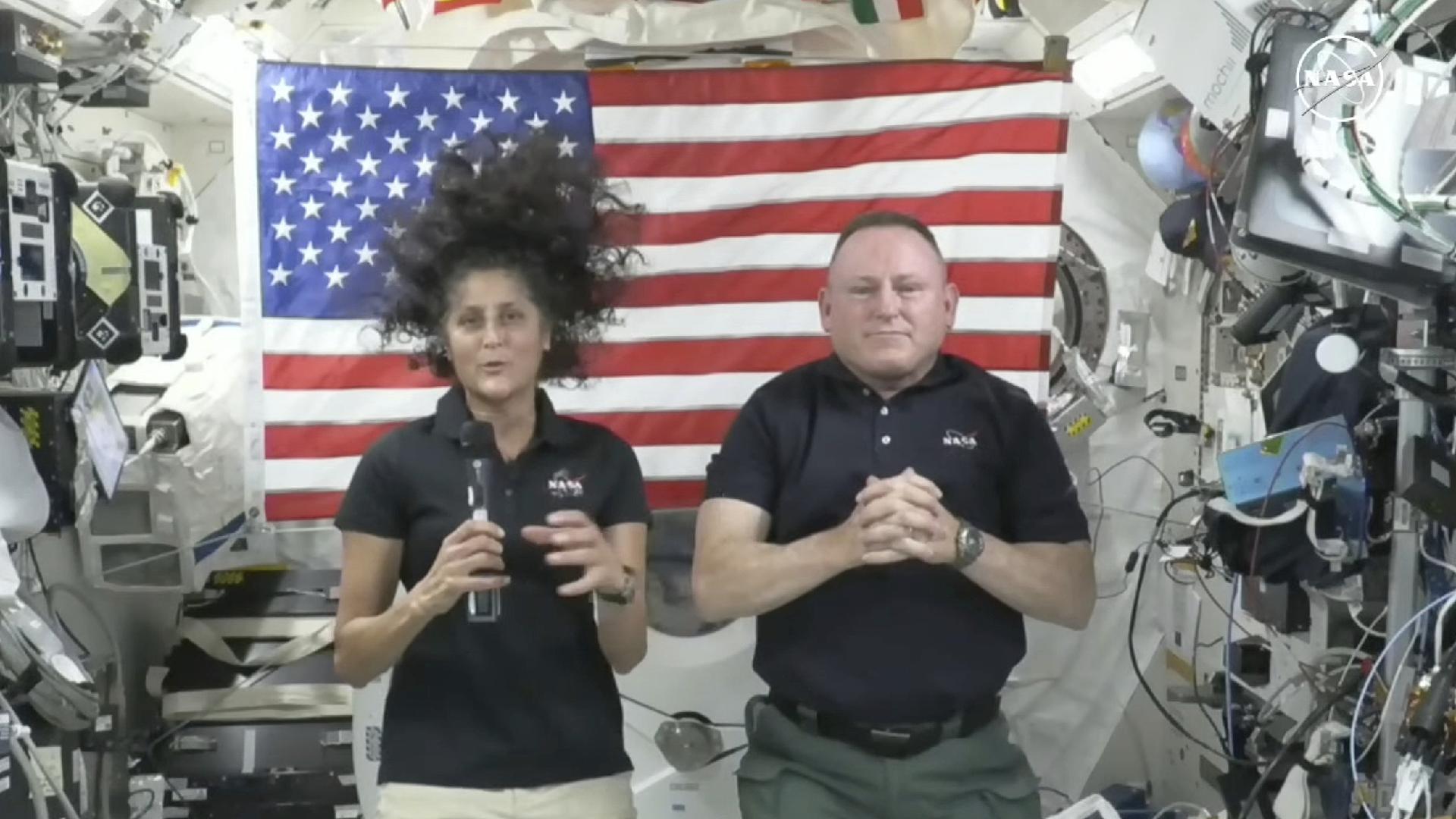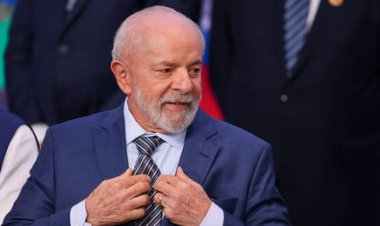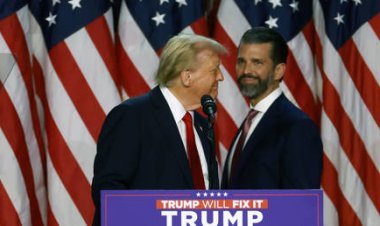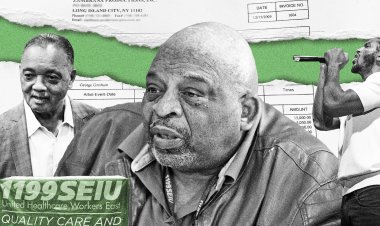NASA: Astronauts' Return Date with Boeing Capsule Still Uncertain
NASA: Still no return date for astronauts and Boeing capsule

Astronauts Butch Wilmore and Suni Williams, who originally planned to spend about a week at the station with a return set for mid-June, are now waiting for the resolution of thruster failures and helium leaks in Boeing's Starliner capsule. This has led NASA and Boeing to extend their mission duration.
"We'll come home when we're ready," said Steve Stich, NASA's commercial crew program manager. Despite the uncertain return schedule, the aim remains to bring the astronauts back via the Starliner, he mentioned.
Stich also noted that NASA is considering alternative options if needed. Another viable transport for NASA astronauts is SpaceX's Dragon capsule, he pointed out, reaffirming, "NASA always has contingency options."
Last week, engineers completed tests on a replacement thruster in New Mexico and are dismantling it to investigate the issues before the Starliner's attempted docking on June 6, which encountered difficulties when five thrusters failed. Fortunately, four have been restored since then.
Boeing's Mark Nappi highlighted that ongoing problems like helium leaks and thruster issues, which seem to involve deteriorating seals, require further analysis. Over the weekend, the Starliner team plans to test the capsule's thrusters while it remains attached to the station to collect additional data.
The Starliner is equipped with 28 small maneuvering thrusters and larger engines designed for de-orbiting, all of which are discarded before the capsule lands—leaving no hardware to examine after the flight.
With the retirement of NASA’s space shuttles, the agency began outsourcing astronaut transportation to private sector firms, signing multi-billion dollar contracts with both Boeing and SpaceX.
This mission marks Boeing's first crewed test flight following a previous uncrewed test in 2019 that failed to reach the station due to software issues. Although the test was redone successfully in 2022, other problems have since emerged.
Meanwhile, SpaceX, which has conducted astronaut transports since 2020, is currently unable to launch its Falcon 9 rockets due to a recent upper-stage failure in an unrelated mission. This mishap could potentially delay subsequent astronaut missions depending on the length of the investigation.
Emily Johnson for TROIB News
Discover more Science and Technology news updates in TROIB Sci-Tech












